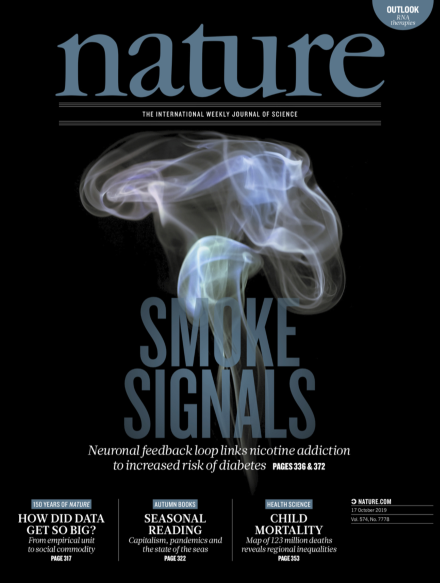Volume 574 Issue 7778, 17 October 2019
This Week
-
Editorial
-
-
World View
-
Research Highlights
-
Seven Days
News in Focus
-
News
-
Features
Comment
-
Comment
-
Books and Arts
-
Correspondence
Technology
-
Technology Feature
-
Genetic light bulbs illuminate the brain
Collection:
-
Careers
-
Columns
Futures
Research
-
News & Views
-
Matters Arising
-
Reviews
-
Subducting carbon
Collections:
-
-
Articles
-
Letters

